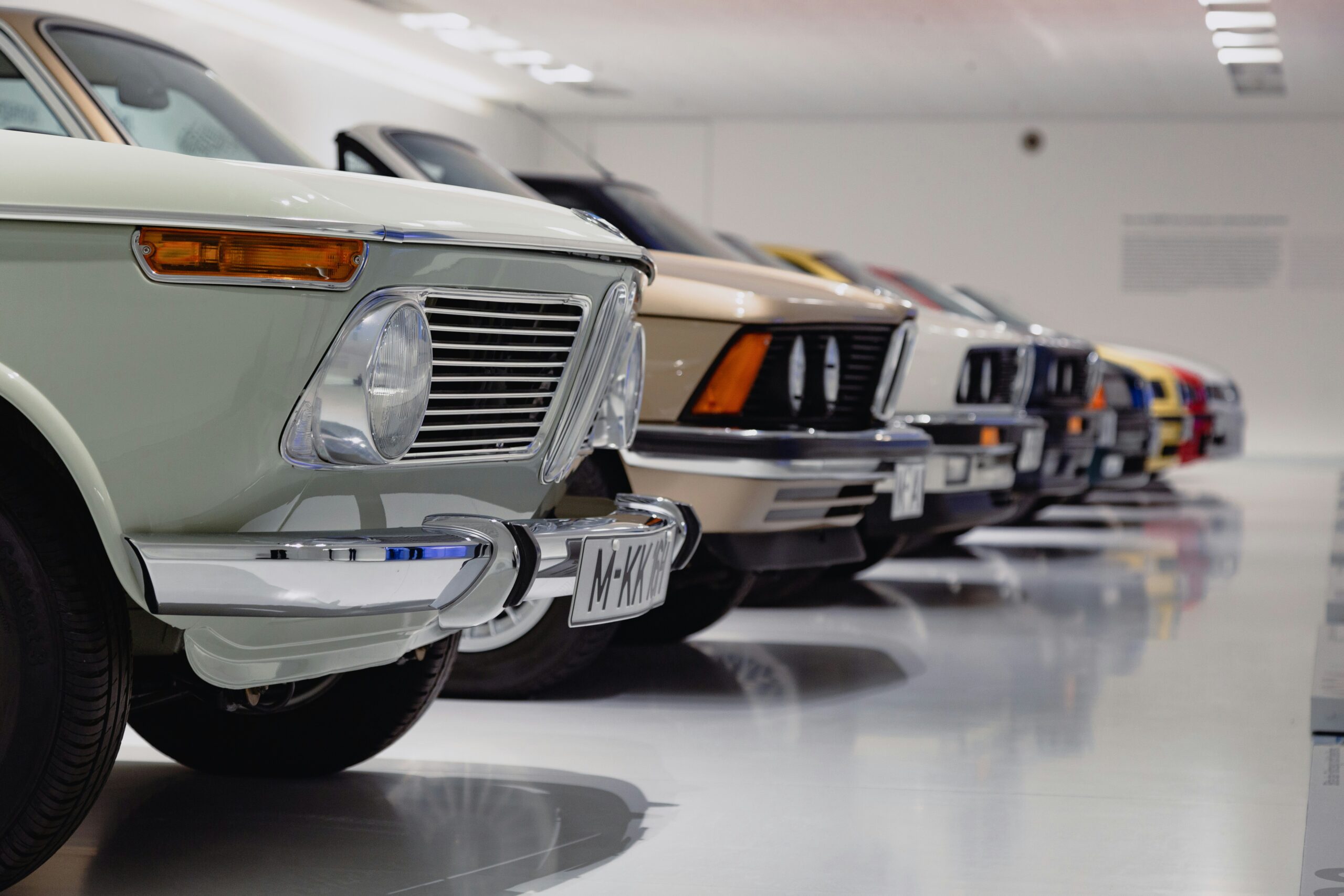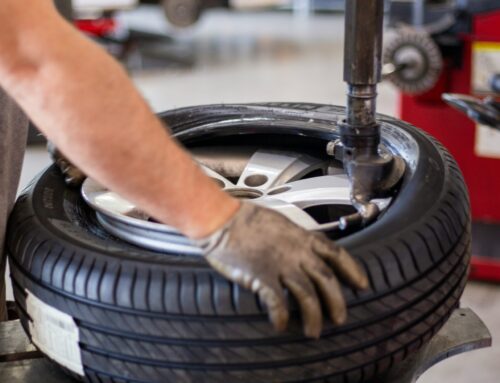Imagine this: you turn the key in the ignition, and your car begins to shake like a leaf in a storm, only to calm down moments later as if nothing happened. This vehicular shiver can be startling, especially for those who rely on their cars for daily commutes. However, this phenomenon, while concerning, is not uncommon. Understanding the reasons behind it can not only put your mind at ease but also help you address potential issues before they escalate.
### The Cold Start Conundrum
One of the primary reasons your car might behave like a chilly chihuahua upon start-up has to do with its engine temperature. When your car has been sitting idle, especially overnight or in cold weather, the engine oil settles and thickens. This thicker oil doesn’t circulate as well, causing increased friction among engine parts, which can lead to that initial shake. Once the engine warms up, the oil thins and circulates more freely, smoothing out the engine’s operation.
### Mounting Concerns: A Tale of Engine Mounts
Engine mounts, the unsung heroes of your car’s undercarriage, are designed to hold your engine in place while absorbing vibrations. Over time, these mounts can wear out or become damaged, leading to an excess of vibration when the engine is first started. Interestingly, as the engine reaches its optimal operating temperature and parts expand slightly, these vibrations can decrease, masking the issue—at least temporarily.
### Spark Plugs and Ignition Issues: A Rough Start
Spark plugs are crucial for a smooth start. They ignite the air/fuel mixture in your engine, powering it up. When spark plugs are worn out or faulty, they can misfire during the ignition process, causing your car to shake. Once the engine is running and warmed up, it may compensate for these misfires, leading to a smoother performance. However, ignoring spark plug issues can lead to more significant engine problems down the line.
### Fuel System Foibles: A Shaky Situation
Your car’s fuel system is another area to consider. Clogged fuel injectors or a malfunctioning fuel pump can lead to an uneven supply of fuel to the engine on start-up, resulting in shaking. As the engine continues to run, it may overcome these initial fuel delivery problems, but like with spark plugs, leaving these issues unaddressed can lead to more severe damage.
In conclusion, if your car shakes when starting but then runs fine, it’s not something to ignore. While the problem might seem to resolve itself as the engine warms up, these initial shakes can be symptomatic of underlying issues that could evolve into more serious complications. Regular maintenance checks and addressing these problems early can ensure your car continues to run smoothly, keeping your morning starts as calm and serene as the ride that follows.




Leave A Comment